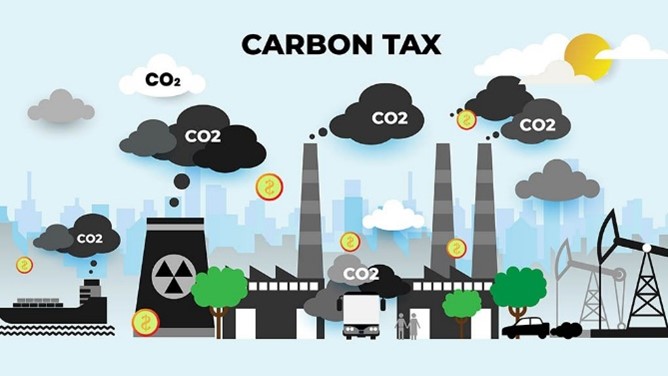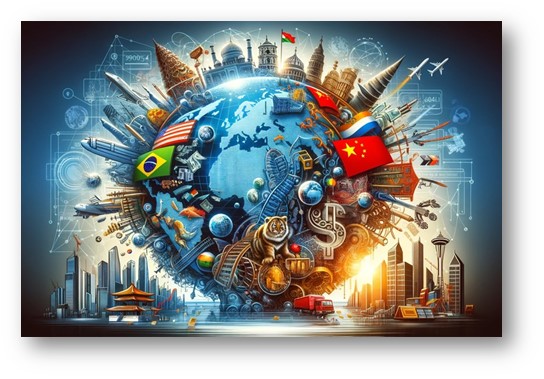How do conflicts like those in the Middle East affect global stability?

How do conflicts like those in the Middle East affect global stability?
by Sebastian 05:09pm Jan 02, 2025
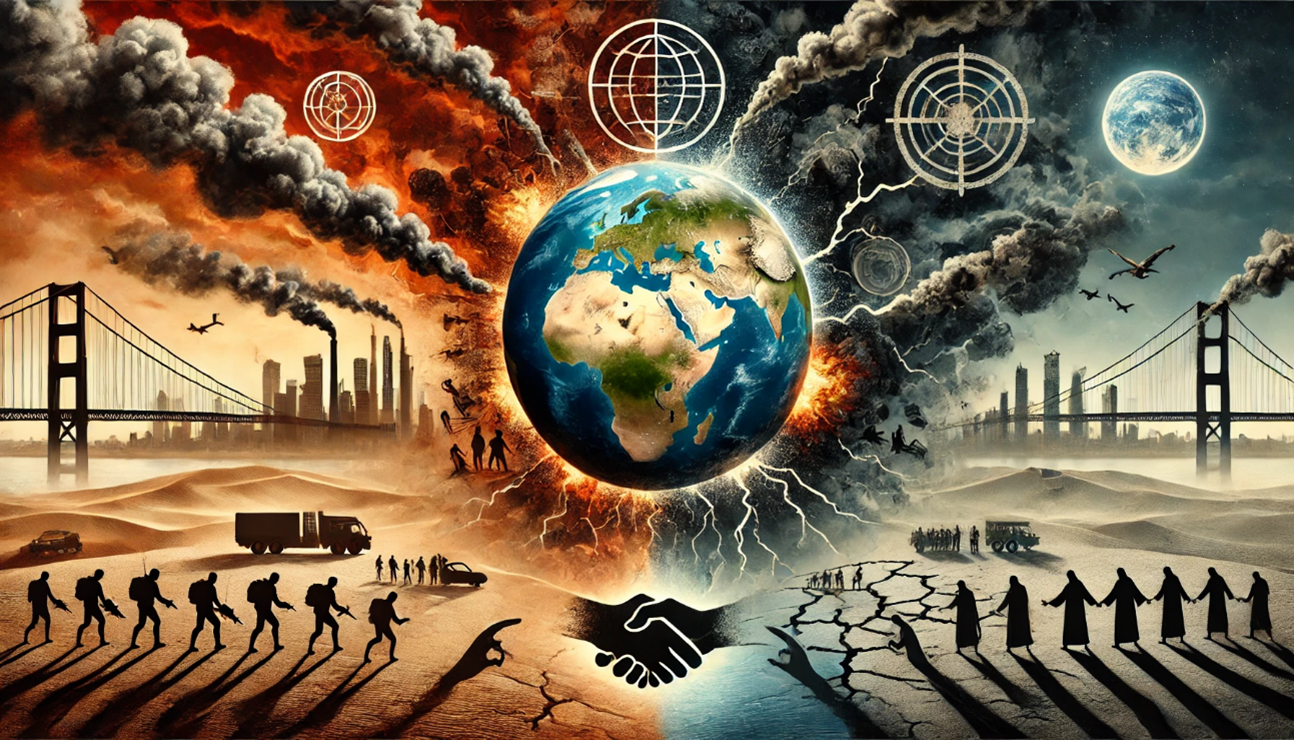
How do conflicts like those in the Middle East affect global stability?
Conflicts in the Middle East have a significant and far-reaching impact on global stability due to the region's geopolitical importance, its control over vital resources, and its influence on international security dynamics. The Middle East has long been a hotspot for conflict, with historical, political, religious, and cultural factors contributing to instability. Here are several ways in which these conflicts affect global stability:
1. Disruption of Global Energy Supply
Oil and Gas Production: The Middle East is home to some of the world’s largest oil and natural gas reserves. Conflicts in countries like Saudi Arabia, Iraq, Iran, and Syria can disrupt global energy markets, leading to fluctuations in oil prices. For example, tensions in the Strait of Hormuz, a vital shipping route for oil, could block or reduce the flow of oil, causing global supply chain disruptions and economic instability.
Energy Price Volatility: Prolonged conflicts can create uncertainty in global energy markets, driving up oil prices and increasing the costs of goods and services worldwide. High energy prices can slow economic growth, especially in energy-dependent economies, and strain the global economy.
Shifts in Energy Geopolitics: Conflicts in the Middle East can also prompt other countries to seek alternative energy sources, driving investments in renewables or shale oil and gas production. However, these transitions can take time and cause short-term instability in energy markets.
2. Humanitarian Crises and Refugee Flows
Mass Displacement:Conflicts in the Middle East, such as those in Syria, Yemen, and Iraq, have resulted in millions of refugees and internally displaced persons (IDPs). This influx of displaced people puts immense pressure on neighboring countries and regions, often straining resources, infrastructure, and public services.
Global Migration Challenges: Refugee flows from the Middle East into Europe, North America, and other regions create migration crises. These flows have fueled political debates and tensions within receiving countries, with issues like border security, integration, and public opinion about immigration often becoming highly politicized.
Humanitarian Aid and International Responsibility: The scale of humanitarian needs in conflict zones often requires large-scale international humanitarian aid. However, the effectiveness of this aid is hindered by the security situation, making it harder to deliver assistance and contributing to a broader sense of global instability.
3. Regional and Global Security Threats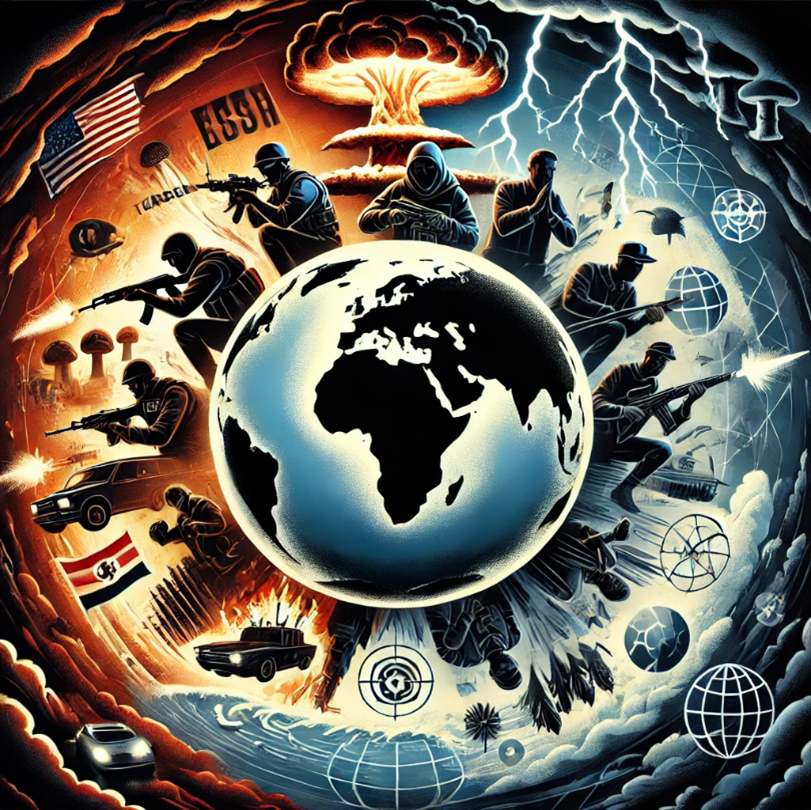
Terrorism and Extremism: Conflicts in the Middle East often provide fertile ground for extremist groups like ISIS, al-Qaeda, and others to gain power and influence. These groups can operate across borders, destabilizing countries beyond the immediate conflict zone. Terrorist attacks in Europe, the U.S., and other regions often have direct or indirect links to Middle Eastern conflicts, and they pose long-term threats to global security.
Weapons Proliferation: The Middle East has been a hotspot for the proliferation of weapons, including chemical, biological, and conventional arms. In some cases, countries in the region, like Iran, have pursued nuclear weapons programs, which can lead to regional arms races and increase the likelihood of conflicts spilling over into global security concerns. The possibility of nuclear weapons in the region, particularly in Iran, remains a key issue for global nonproliferation efforts.
Proxy Wars and Power Struggles: Middle Eastern conflicts often involve rival global and regional powers supporting opposing sides. For instance, the conflict in Syria has seen the involvement of the U.S., Russia, Turkey, and Iran, each backing different factions. These proxy wars can escalate tensions between major powers and lead to broader regional or even global conflicts, as seen in the Cold War era.
4. Geopolitical Rivalries and Diplomatic Strain
Great Power Competition: Middle Eastern conflicts often become theaters for great power competition, with countries like the United States, Russia, China, and regional powers such as Iran and Saudi Arabia pursuing their strategic interests. For example, the U.S. and Russia have been involved in opposing sides of the Syrian conflict, while the Iran-Saudi Arabia rivalry has influenced conflicts in Yemen, Lebanon, and Iraq.
Shifts in Alliances and Partnerships: Conflicts can alter the balance of power in the region and beyond, leading to shifts in global alliances. For example, the normalization of relations between Israel and some Arab states (e.g., the Abraham Accords) has been shaped by common concerns over Iran’s regional influence. Similarly, conflicts can push countries into new strategic alliances, complicating international diplomacy and creating new sources of tension.
Diplomatic Friction and International Institutions: The Middle East’s complex geopolitical environment can undermine the effectiveness of international institutions like the UN. Divisions within the UN Security Council, where members like the U.S. and Russia often have opposing views on Middle Eastern conflicts, can lead to deadlock and prevent effective peacebuilding.
5. Impact on Global Trade and Investment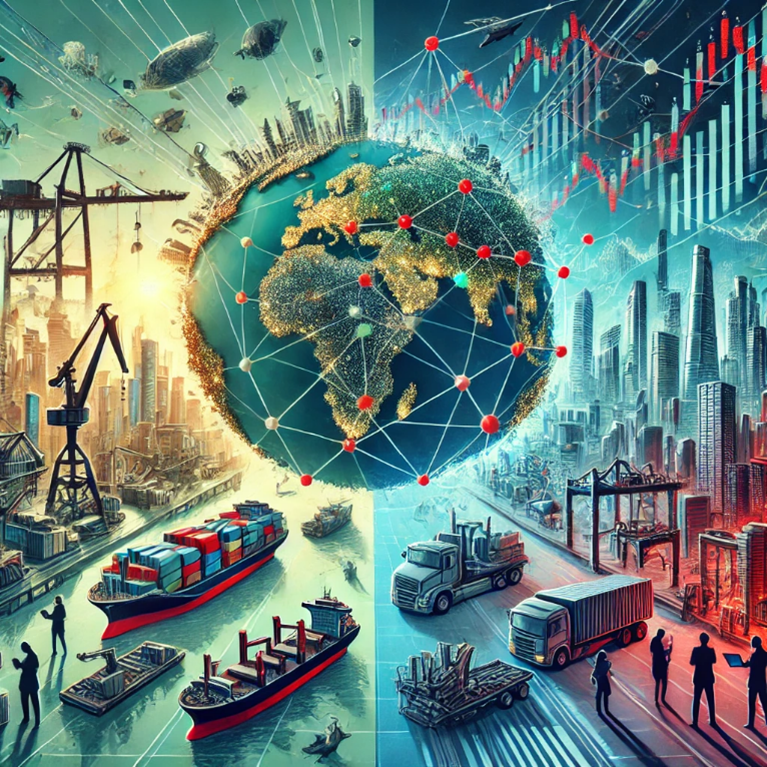
Trade Routes and Infrastructure: The Middle East is a crucial hub for international trade, particularly in terms of maritime routes like the Suez Canal and the Strait of Hormuz. Conflicts that disrupt these vital chokepoints can delay global shipping and raise costs, affecting global supply chains. For instance, the blockage of the Suez Canal in 2021 disrupted global trade, highlighting the vulnerabilities in global logistics.
Investment Uncertainty: Political instability and ongoing conflicts make the region less attractive to foreign investment. This can undermine efforts to develop regional economies, slow down economic growth, and create ripple effects in global markets. Long-term instability in the Middle East can deter investment in sectors such as energy, infrastructure, and technology, affecting global financial markets.
6. Environmental Consequences
Resource Depletion and Environmental Degradation: Many Middle Eastern conflicts involve the destruction of infrastructure, water supplies, and agricultural land, exacerbating environmental challenges. In regions where water scarcity is already a major issue, conflicts can further strain natural resources, leading to long-term environmental degradation that has broader implications for neighboring countries and the global community.
Climate Change and Resource Conflicts: Climate change has already contributed to instability in the region, with extreme heat, droughts, and reduced agricultural productivity exacerbating existing tensions. Conflicts in resource-rich areas, such as oil fields or water sources, can fuel further instability, creating pressure on neighboring countries and raising the risk of transnational conflicts over shared resources.
7. Public Opinion and Political Polarization
Public Perception of Global Powers: Middle Eastern conflicts shape public opinion about the involvement of global powers. For example, U.S. military interventions in Iraq, Afghanistan, and other countries have led to anti-American sentiment in various parts of the world. Similarly, Russian actions in Syria or the involvement of other global powers in proxy wars can create tensions with their own populations and globally.
Political Polarization: The involvement of global powers in Middle Eastern conflicts can also fuel political polarization within countries, with different factions taking opposing stances on foreign policy. This can undermine domestic stability in countries, leading to greater political division and, in some cases, civil unrest.
Conclusion
Conflicts in the Middle East affect global stability in multiple ways, from disrupting energy markets and fueling humanitarian crises to influencing global security dynamics and exacerbating geopolitical tensions. The region’s strategic importance, coupled with the complexity of its conflicts, means that instability in the Middle East often reverberates across borders, affecting not only neighboring countries but also distant regions. As such, international cooperation and diplomatic efforts are essential to prevent escalation and mitigate the broader effects of conflicts in the Middle East on global peace, security, and economic well-being.



